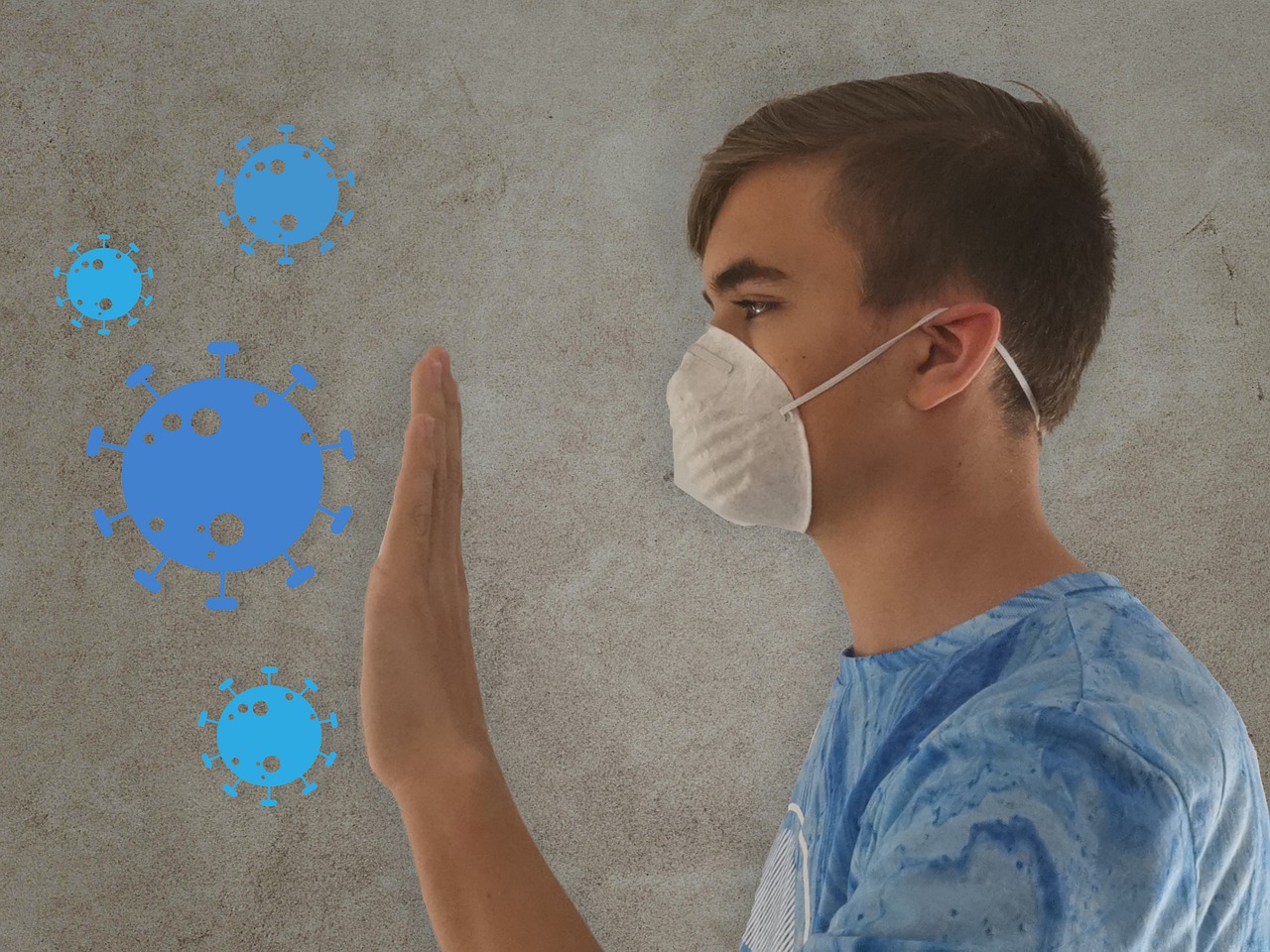Teens, Stress & COVID-19
 We all – teens and adults alike – have difficulty making decisions when we’re stressed. Teens are still developing, and learning as they do. During this uncertain time, teens may need additional help in making decisions and considering consequences.
We all – teens and adults alike – have difficulty making decisions when we’re stressed. Teens are still developing, and learning as they do. During this uncertain time, teens may need additional help in making decisions and considering consequences.
Understanding stress
Consider these strategies when helping teens cope with difficult situations.
Creating a mindset of resilience:
- Save energy: Help teens control how deeply stress gets under their skin and determine when to focus, fight or avoid it.
- Avoid catastrophic thinking: Teach teens how to measure each situation for its real potential for danger instead of leaping to worst-possible scenarios.
- Parents as role-models: Your teens are watching how you respond to situations. It helps them develop their own “muscle memory” to make wise decisions. Teach them how to remain calm even during challenging moments. Taking care of yourself – and actively demonstrating how you do it – is a strategic act of effective parenting.
Take back control
This uncertainty and stress are impacting both the physical and mental health of teens. To help promote positive growth in teens, CHOP experts recommend teaching teens the five R’s of self-regulation developed by Stuart Shanker, DPhil, founder and CEO of The MEHRIT Centre:
- Reframe their behavior: Encourage teens to understand why they are acting out in negative or unsafe ways.
- Recognize the cause of their stress: There are five kinds of stress – physical, emotional, cognitive, social (often made worse by social media) and pro-social (stress felt when considering others’ distress). By recognizing the cause – and how it plays out for each individual– teens can better deal with stress and how it affects them.
- Reduce stress: Show teens ways to turn down their stress dial.
- Reflect: Help teens better recognize their bodies and minds, how they react to stress and what helps calm them.
- Respond: Determine if growth-promoting periods of self-regulation are a routine part of your teens’ life, and if not, find opportunities to add activities that will restore their energy.
Create a stress management plan
As teens grow, it’s important to help them build a stress management plan that works for them. Parents can help teens develop these plans – which can be adapted as needed for each individual situation or problem.
A strong stress management plan includes four categories: problem solving, maintaining a healthy body, managing emotions, and developing a sense of meaning though giving back.
Problem solve by identifying the stress source, tackling what you need to, and delaying or avoiding what you can. To prevent teens from feeling overwhelmed, encourage them to divide their stressors into smaller pieces. From there, it’s easier to determine which need to be handled right away, which can be delayed, and which might be avoided.
Maintain healthy bodies with exercise, good nutrition, relaxation and proper sleep. Stress hormones prepare the body to run or fight, triggering a survival-only mode when things are at their worst. To help your teen think more clearly, encourage regular exercise, routine relaxation, proper nutrition and adequate sleep to keep their bodies healthy, their minds clear and their stress under control. Teens should try getting 8-10 hours of quality sleep each night. Manage and release emotions. It’s important to learn to express emotions so they don’t build up inside.
Give back. Helping others, the community and the larger society can help teens in a myriad of ways. It feels good to make a difference to someone else. It develops a sense of meaning and purpose, which is deeply protective. It also makes it easier to ask for help when needed. By giving to others, teens learn it’s OK to ask and receive help without feeling shame.
Excerpted from “Teens, Stress & COVID-19” in Health Tip of the Week from Children’s Hospital of Philadelphia. Read the full article online.
Source: Children’s Hospital of Philadelphia | Teens, Stress & COVID-19, https://www.chop.edu/news/health-tip/teens-stress-covid-19 | ©2021 The Children’s Hospital of Philadelphia
If you have concerns about your child or teen, CHC Care Coordinators can arrange a free 30-minute consultation so you can explore options with an expert. We invite you to call or email us at 650.688.3625 or careteam@chconline.org to set up an initial Parent Consultation appointment. CHC teletherapy services are available now.





